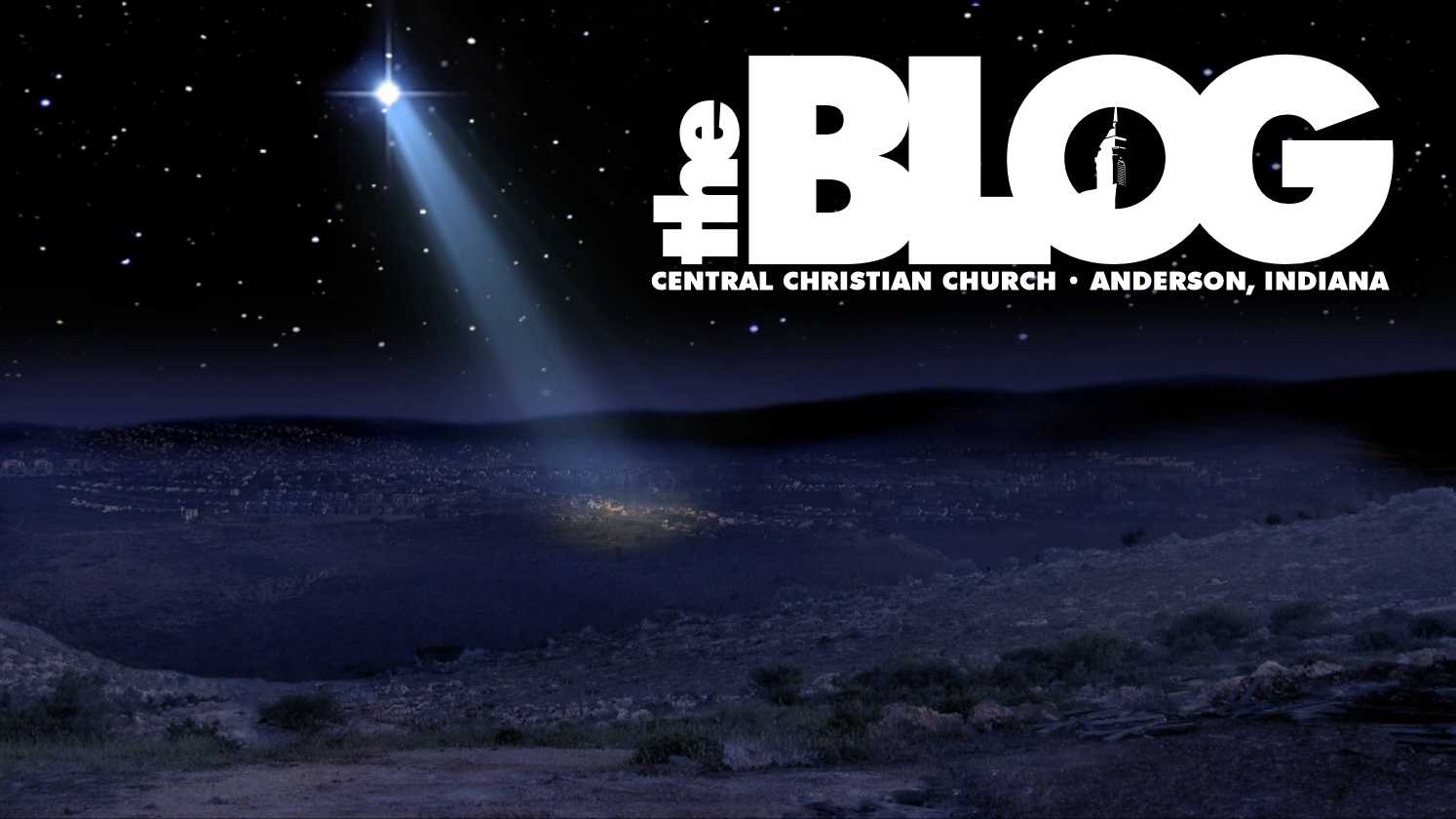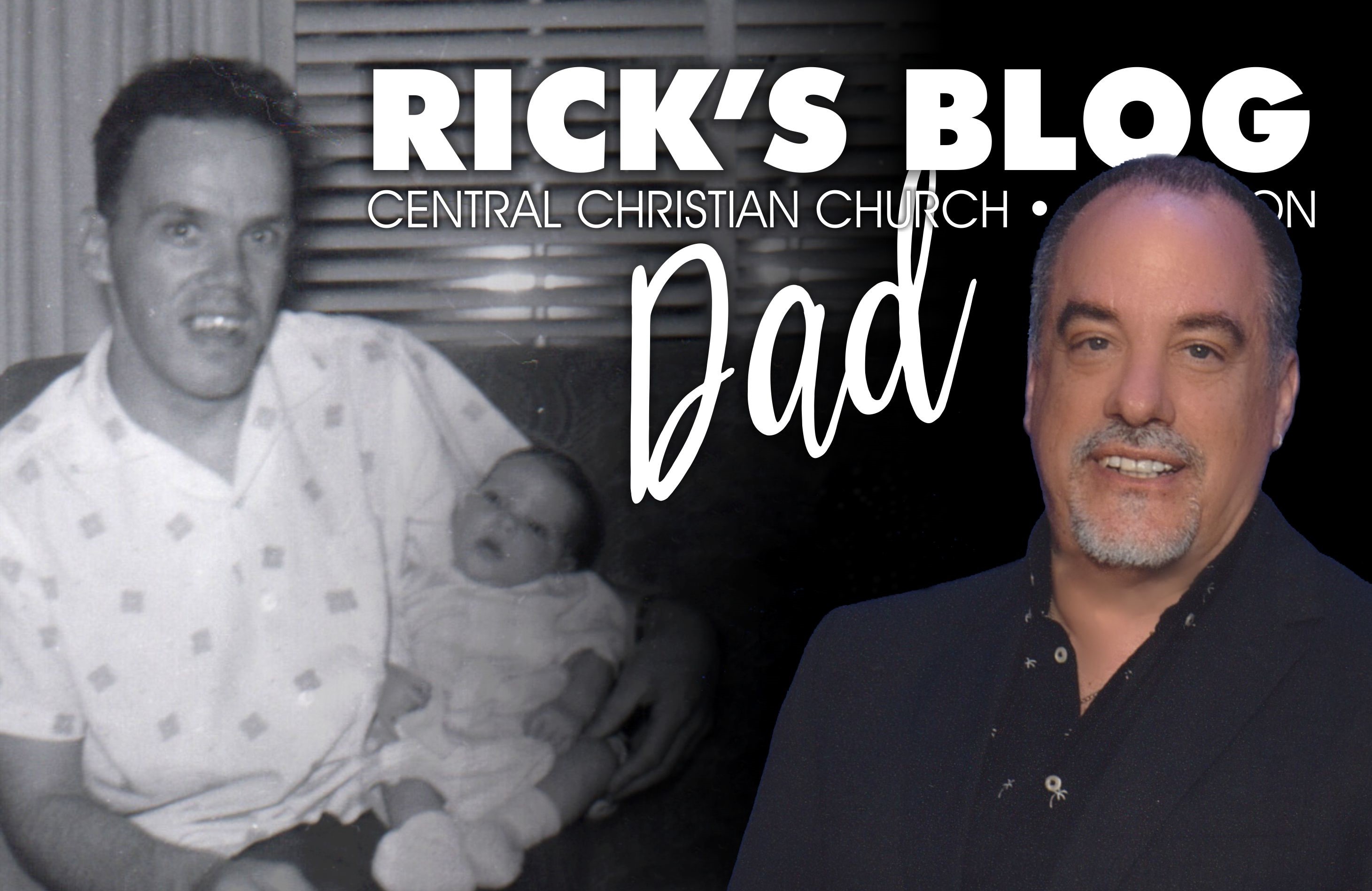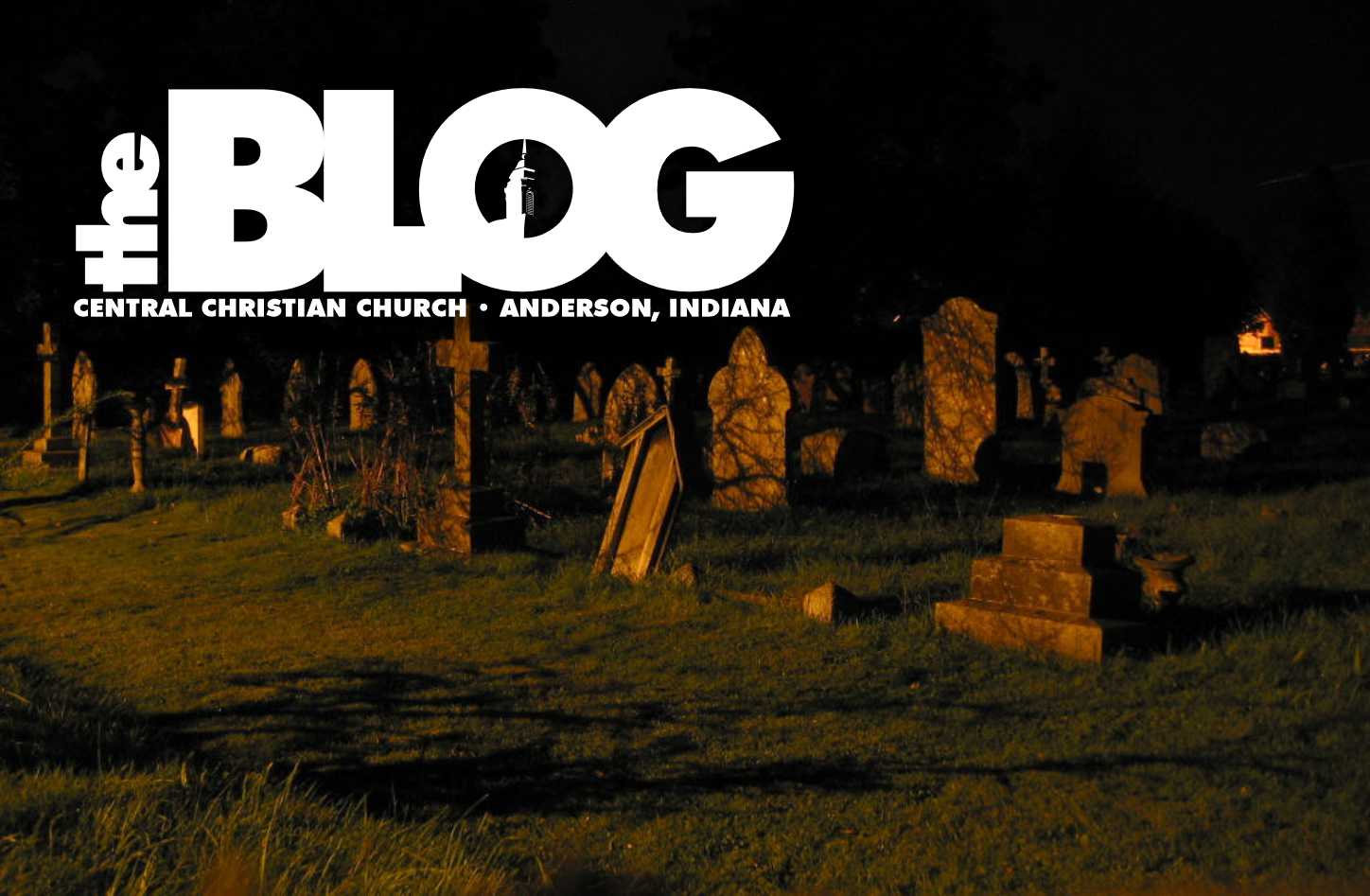
COME & SEE, GO & TELL
Written By:Rick Vale
My parents always said they knew I’d eventually work in the theatre. They knew from the moment they got in the car with me after my first “theatre experience”, because I wouldn’t stop talking about it, and talking about it, and talking about it.
My Dad had been discharged from the Army and we were returning to Washington State, from Frankfurt Germany. We had flown (via military plane) to New York, where we picked up our VW Beetle to drive across the country back to our home in Richland, Washington. On the way, we stopped and saw family and friends. One family, Army friends who had also been recently discharged from Frankfurt, had moved back to Kansas City, where they were from and where we visited. One magical night they took us to STARLIGHT THEATRE, a musical Amphitheatre, still active (since 1950). It was there I saw my first ever theatre performance, it was a live presentation of THE CAROL BURNETT SHOW. I was hooked.
That moment sealed my fate. It was everything: lights, set, costumes, music, dancing, laughter. And I talked and talked about it. Dad built me a small theatre stage where I could design sets and set my “action figures” in various roles…he thought that would shut me up, it didn’t. Any time I heard about a theatre event, anywhere, any time, I forced my parents to take me. And I never stopped telling everyone about it.
I couldn’t help it. That experience was life-changing, formative. No one had to ask me about it, I would gladly start the conversation. It drove my parents insane.
The tables were turned however, when I made my professional opera debut. Opera was, to my parents, the ultimate art form, we listened and watched opera on TV all my life. When I made my debut with Seattle Opera it was, for my folks, the same as if some other parent were to see their child pitch for the majors the first time. And my parents couldn’t stop talking about it – it drove me insane.
When I think about that moment in Kansas City, it reminds me of the Bethlehem hills shepherds. First, they saw the greatest show on earth: an angel choir and soloist – prepared and performing solely for THEM. Then they saw the “star” of the show, the Baby Himself. The scripture says they couldn’t help but tell everyone about the event. It was life-changing, it was formative. No one had to ask them about it, they willingly volunteered the information because the experience filled them so much that the words poured out.
I’m a believer that one can’t “go and tell” unless they have “come and seen”.
I believe if God has truly changed you, if you have witnessed a miracle, if you have suddenly turned around and started going in the direction of life – you can’t help but talk about it. Likewise, if you’re not talking about it, you’ve either never really experienced it, or have forgotten.
Experiences, like meeting Jesus for oneself and suddenly experiencing things through HIS eyes, ears, heart, and mind, are life-changing, formative and so fulfilling that one cannot help to pour out the words. One cannot help but live gratefully because of the miracle that touches anyone who “comes and sees, goes and tells”.
LUKE 2:15-20
When the angels had left them and returned to heaven, the shepherds said to one another, “Let’s go straight to Bethlehem and see what has happened, which the Lord has made known to us.”
They hurried off and found both Mary and Joseph, and the baby who was lying in the feeding trough. After seeing them, they reported the message they were told about this child, and all who heard it were amazed at what the shepherds said to them. But Mary was treasuring up all these things in her heart and meditating on them. The shepherds returned, glorifying and praising God for all they had seen and heard, just as they had been told.
MATTHEW 28:5-7 5
The angel told the women, “Don’t be afraid, because I know you are looking for Jesus who was crucified. He is not here. For he has risen, just as he said. Come and see the place where he lay. Then go quickly and tell his disciples. ‘He has risen from the dead and indeed he is going ahead of you to Galilee; you will see him there.’ Listen, I have told you.”

















